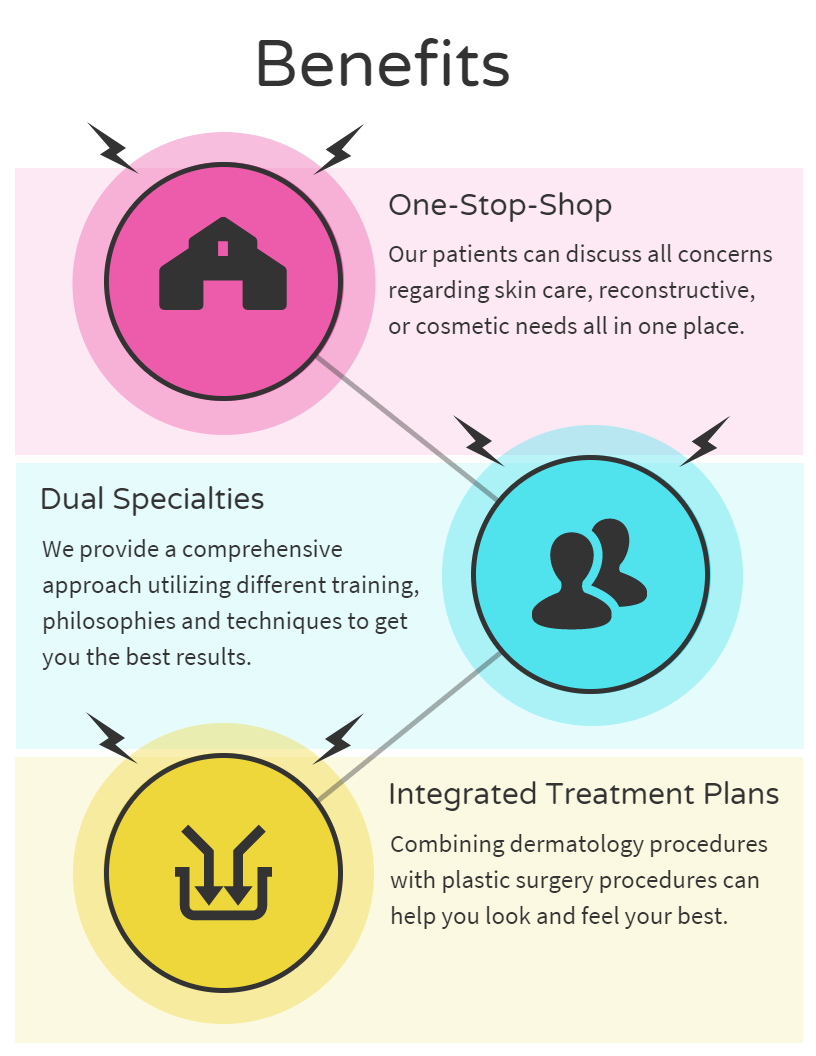Misconceptions And Realities Regarding Acne: Debunking Common Misconceptions
Misconceptions And Realities Regarding Acne: Debunking Common Misconceptions
Blog Article
Created By-Upton Watkins
You might assume that indulging in delicious chocolate or greasy foods is the source of your acne, yet that's just one of numerous myths swirling around this usual skin condition. Actually, acne primarily comes from blocked hair roots, not your last treat. Misconceptions like these can lead you to embrace ineffective skincare practices that might also aggravate your scenario. As you browse the truths behind acne, you'll find insights that could transform your approach to skincare and aid you achieve clearer skin. So, what really lies beneath the surface?
Common Myths About Acne
When it pertains to acne, many individuals count on usual misconceptions that can lead to confusion and irritation. One prevalent misconception is that eating chocolate or greasy foods causes acne. While diet plan can influence skin wellness, the straight web link in between certain foods and acne isn't as specific as lots of assume.
An additional usual misconception is that you ought to scrub your face vigorously to improve outbreaks. Actually, aggressive scrubbing can aggravate your skin and intensify acne.
You might also think that acne only impacts young adults, however adults can experience it also, often because of hormonal adjustments or tension. Some people think that tanning can clean up acne, but sunlight direct exposure can really cause skin damages and get worse breakouts in the long run.
Finally, please click for source believe that utilizing rough products will remove acne quickly. However, these items can strip your skin of its natural oils, causing boosted irritation and more breakouts.
Scientific Facts Behind Acne
Comprehending the clinical realities behind acne can encourage you to tackle this typical skin disease more effectively.
Acne takes place when hair follicles end up being obstructed with oil, dead skin cells, and germs. This procedure usually starts with an overflow of sebum, the oil your skin naturally creates. Hormone adjustments, particularly during the age of puberty or menstruation, can trigger this excess oil.
Germs called Propionibacterium acnes thrive in these blocked pores, causing swelling. When your immune system reacts, it can cause soreness and swelling, causing those annoying pimples or cysts.
Genetics additionally contribute; if your moms and dads had acne, you might be much more prone to it.
Diet plan and stress degrees can influence acne also, yet research is still evolving in these areas. While delighting in greasy foods won't directly trigger breakouts, a balanced diet regimen can sustain your skin wellness.
Furthermore, handling anxiety can decrease hormonal changes that might aggravate acne.
Tips for Taking Care Of Acne
Taking care of acne successfully calls for a combination of everyday skin care habits and lifestyle modifications. Start by establishing a consistent skin care regimen. Clean your face two times a day with a gentle, non-comedogenic cleanser to eliminate dust and excess oil. Prevent scrubbing too hard, as this can aggravate your skin and get worse acne.
Next off, integrate items containing salicylic acid or benzoyl peroxide to help protect against outbreaks. Always follow up with a lightweight, oil-free cream to keep your skin hydrated. https://cityfacialplastics66433.csublogs.com/39336268/keys-to-more-clear-skin-exposed-by-skin-specialists-find-the-leading-acne-treatment-guidance-and-stay-clear-of-usual-pitfalls-that-can-impede-your-progress fail to remember sunscreen; choose non-comedogenic options to safeguard your skin from UV damage without obstructing pores.
Past skin care, take note of your diet. Limit sweet and greasy foods, and focus on fruits, veggies, and whole grains. Remaining hydrated is critical, so drink lots of water throughout the day.
Furthermore, manage stress and anxiety via activities like yoga exercise, reflection, or exercise, as stress and anxiety can trigger outbreaks.
Lastly, avoid picking or standing out acnes. This can bring about scarring and additional inflammation. If your acne lingers, consult a skin doctor for customized treatment alternatives.
Conclusion
Finally, it's vital to separate reality from fiction when it involves acne. By disproving usual misconceptions, you can better recognize your skin and make educated choices for your skin care routine. So, why continue to count on obsolete ideas when the fact can empower you? Welcome much healthier routines, focus on gentle cleansing, and remember that taking care of acne is a journey. With the best understanding, you're one step closer to more clear, much healthier skin.
